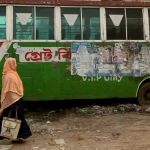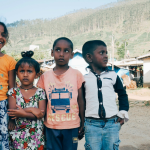In 2015 Nepal adopted its new Constitution aimed to achieve peace, stability, equality and social justice in the region. Part 3 of the new constitution set out 31 fundamental rights, which include Economic, Social and Cultural Rights (ESCR), making them justiciable for citizens; that is, the government is accountable to the Nepalese people in a court of law. However, in practice, citizens continue to struggle for access to affordable, quality health services and food security. Lack of work opportunities can lead to trafficking, exploitation and other forms of violence. These issues were further exacerbated during the COVID-19 pandemic. The combination of all such factors meant that immediate attention was required for the effective implementation of ESC Rights in Nepal.
iProbono recognised this need and has been working towards this goal since 2018. Our flagship programme in this area is our ESCR Fellowship, which we implement in partnership with the Nepal-based Law and Policy Forum for Social Justice (LAPSOJ). This fellowship invites early and mid-career lawyers to participate in research on identified issues, join consultative events, draft and file Public Interest Litigations (PIL) and learn how to create a positive change in society.
This year’s fellows, Ritesh Poudyal, Roshani Giri and Sajita Ghimire, mentored by senior lawyer Raju Prasad Chapagai, worked to develop strategic litigation and advocacy to secure ESCR for Nepali citizens. In each quarter, the fellows dedicated their time to conducting research on their identified areas of interest, publishing articles on ESCR-related issues and working in close consultation with Raju Chapagai to draft their public interest litigations. Ritesh has filed his PIL concerning the rights of persons with disabilities in the Supreme Court of Nepal.
To further this work, iProbono and LAPSOJ organised a consultation in Kathmandu in August 2023 titled ‘ Turning Economic, Social and Cultural Rights into Action: Strategies and Techniques’. The event aimed at providing an opportunity to the ESCR fellows to workshop their draft litigations, build networks with ESCR experts in Nepal, and create awareness of the fellowship among key stakeholders.
The two-day event saw panel discussions with sectoral experts, presentations by fellows, a roundtable discussion on the presentations, capacity-building sessions for the fellows, and networking opportunities with essential stakeholders to provide an integrated fellowship experience. The panel discussion was attended by over 50 stakeholders.
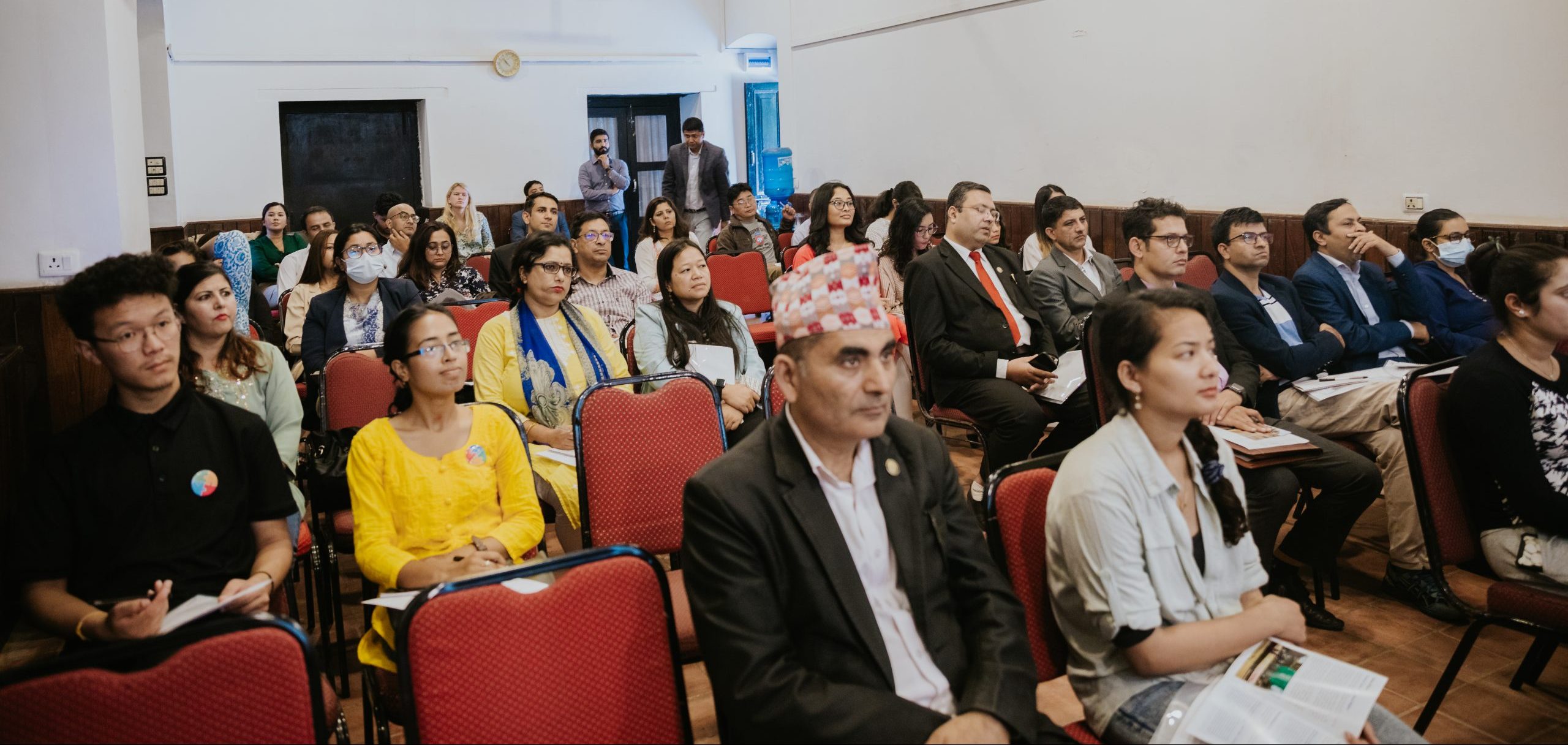
The first day of events was kickstarted by Anurag Devkota from LAPSOJ, who introduced the fellows’ work. He also highlighted the challenges and opportunities in the area of ESCR implementation in Nepal.
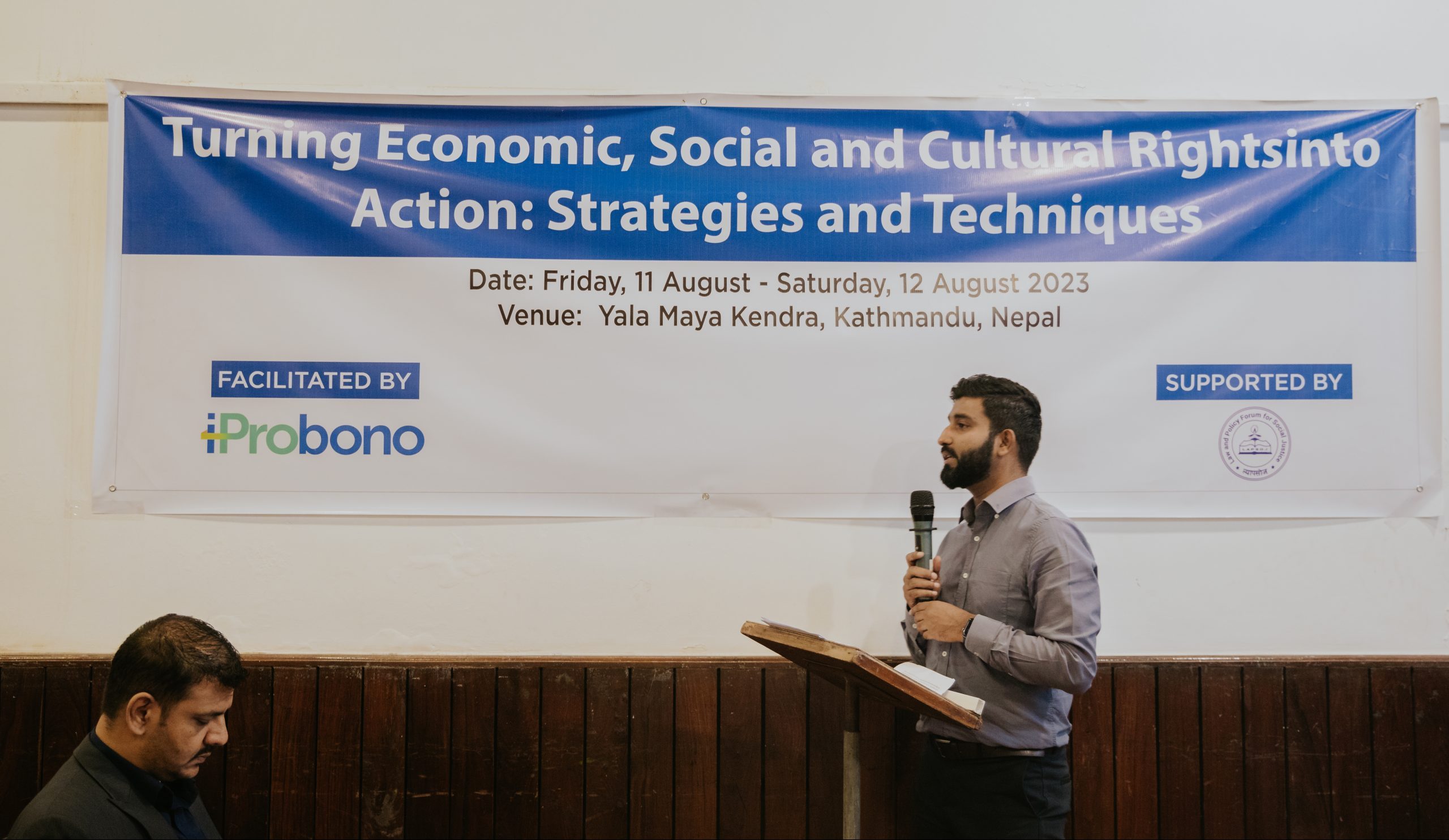
This was followed by a video message from Hon’ble Mr Justice Hari Prasad Phuyal, Supreme Court of Nepal, highlighting the current status of ESCR and the need to look at them from the perspective of individual rights. He stressed the need for an open civil society and encouraged more participation from lawyers to ensure the effective and immediate implementation of ESCR. “I think If we have good lawyers, good programs, if we have motivated people to work on these issues, not only in Kathmandu but all over the countries. Nepal, actually, is in a new phase on implementing ESCR.. so we need aspiring lawyers, and an energetic court… and an open civil society to bring attention to these issues,” said Justice Phuyal.
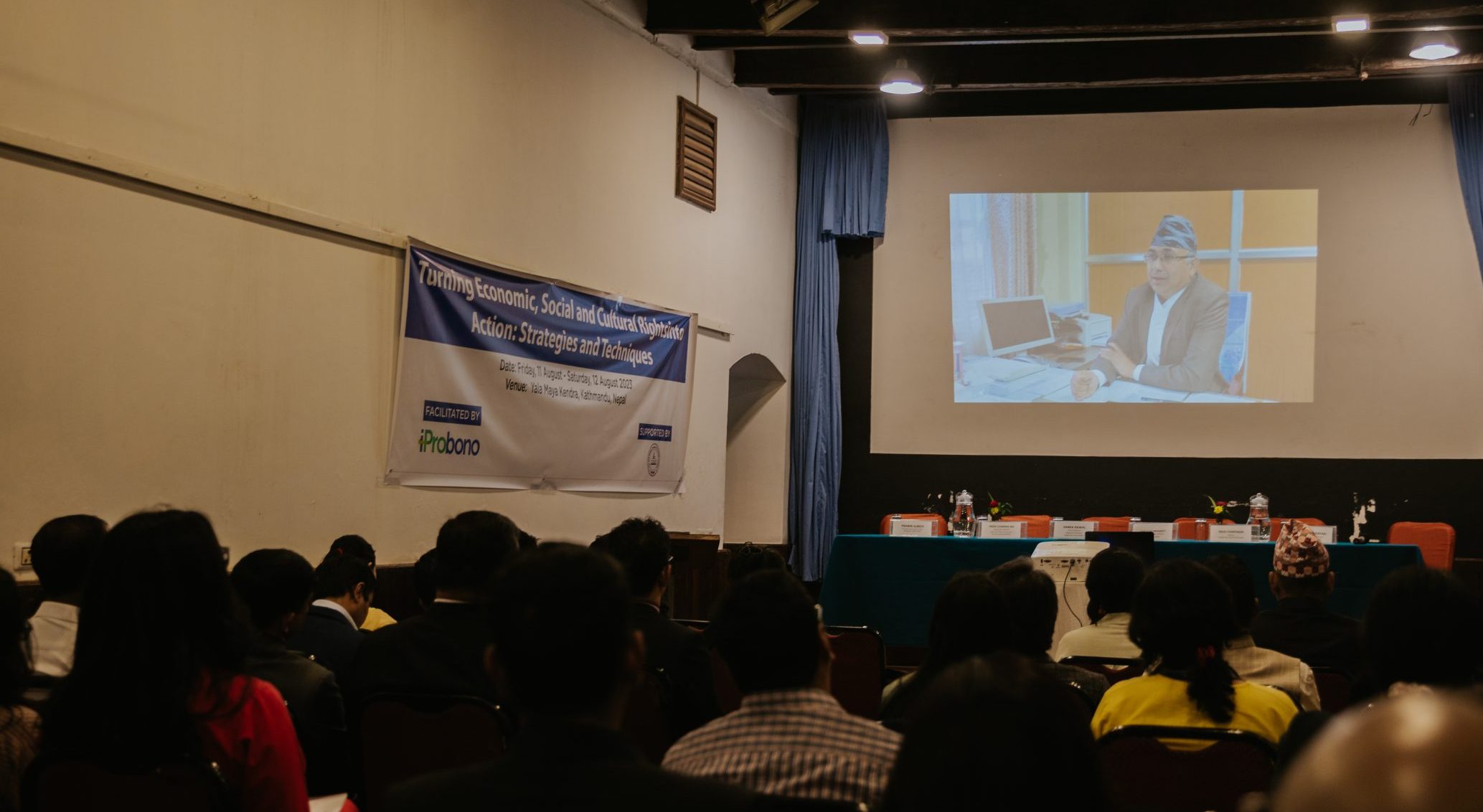
A panel of sectoral experts from Nepal and India then discussed the opportunities for engagement, strategies for success, and the role of pro bono lawyering in securing ESCR. The panellists ranged from civil society partners to representatives of the Nepal Bar Association, lawyers, and law students.
The second half of the day was a closed-door event dedicated to the fellows’ presentations on their identified issues for litigation or advocacy. This session was moderated by Bandana Upreti, Program Officer for Nepal at iProbono.
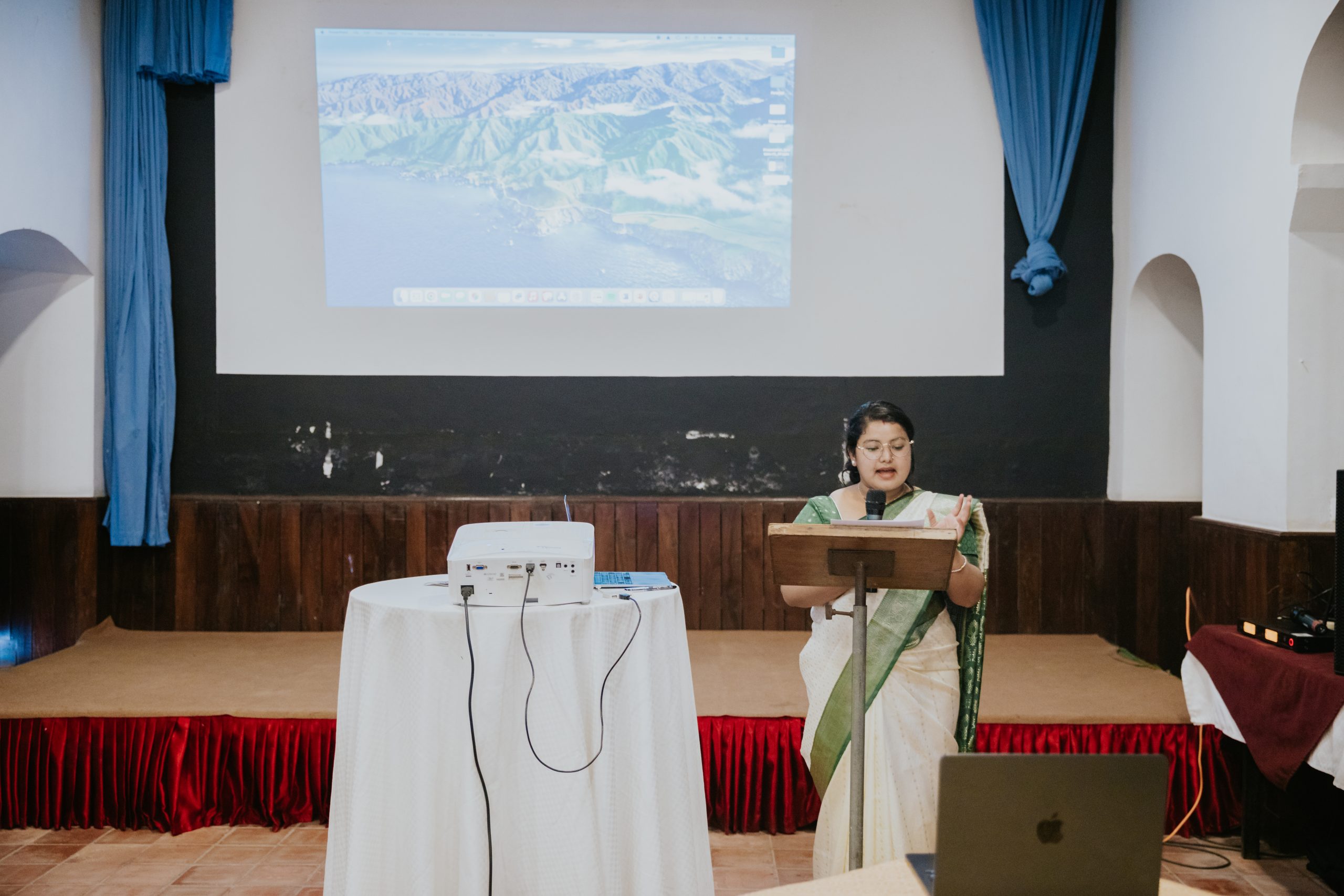
Roshani Giri, one of the ESCR fellows, presented an important issue faced by most married women in Nepal, including herself. Article 18 of the Constitution of Nepal guarantees the Right to Equality. However, married women can only register their marriage at the local authority at their husband’s address. Roshani shared her personal experiences and the problems this procedure creates with policies and bureaucracy.
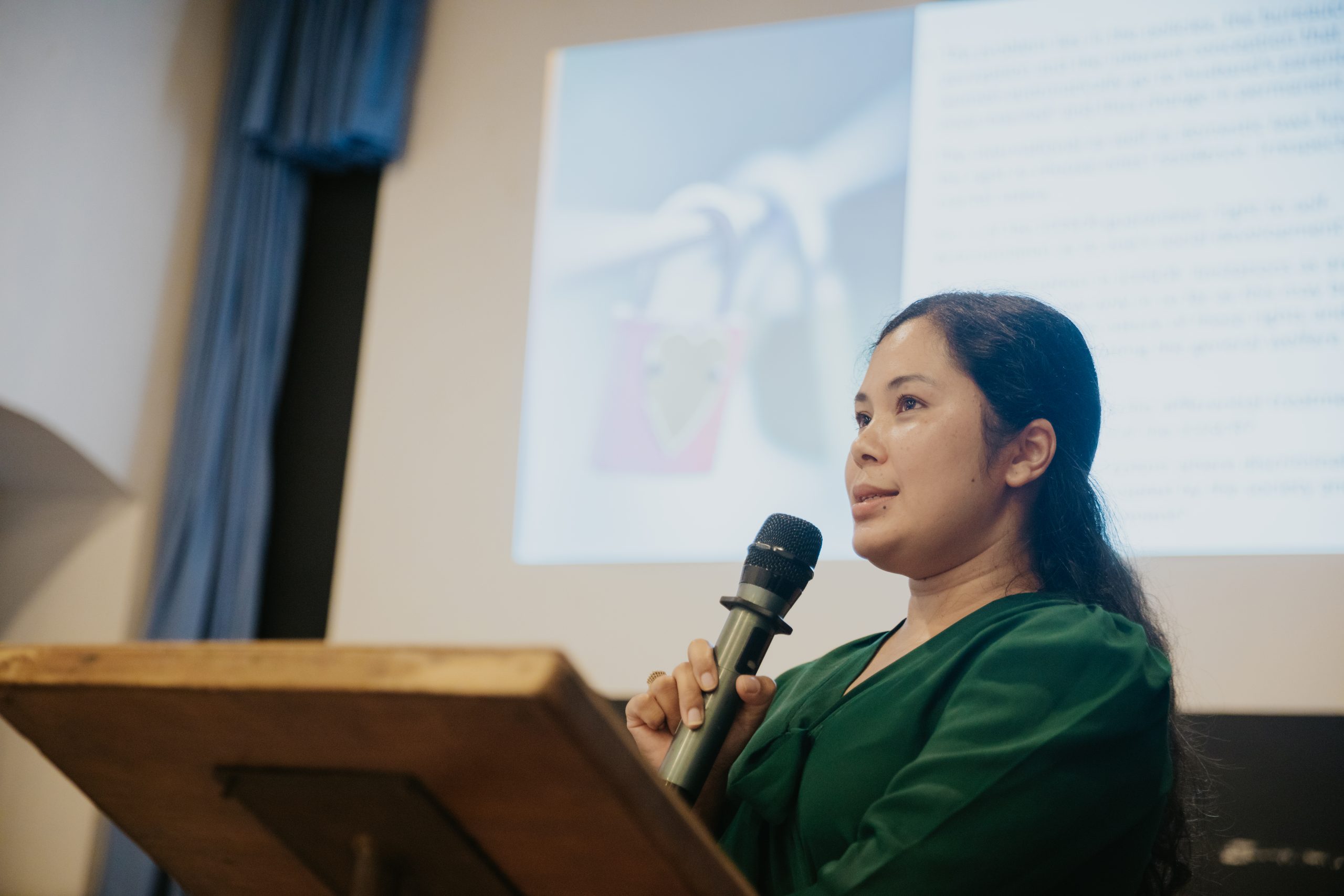
Next, our fellow Ritesh Poudyal spoke about the barriers to access to justice faced by persons with disabilities and the shortcomings in implementing laws to ensure a dignified standard of living for such people. Finally, Sajita Ghimire presented her research on the need to recognise community paralegals, setting in depth the context of their role as an essential legal instrument closely connected to the communities in which they work. The fellows’ presentations were followed by a roundtable attended by experts from Nepal and India, offering feedback and assessment on their petitions.
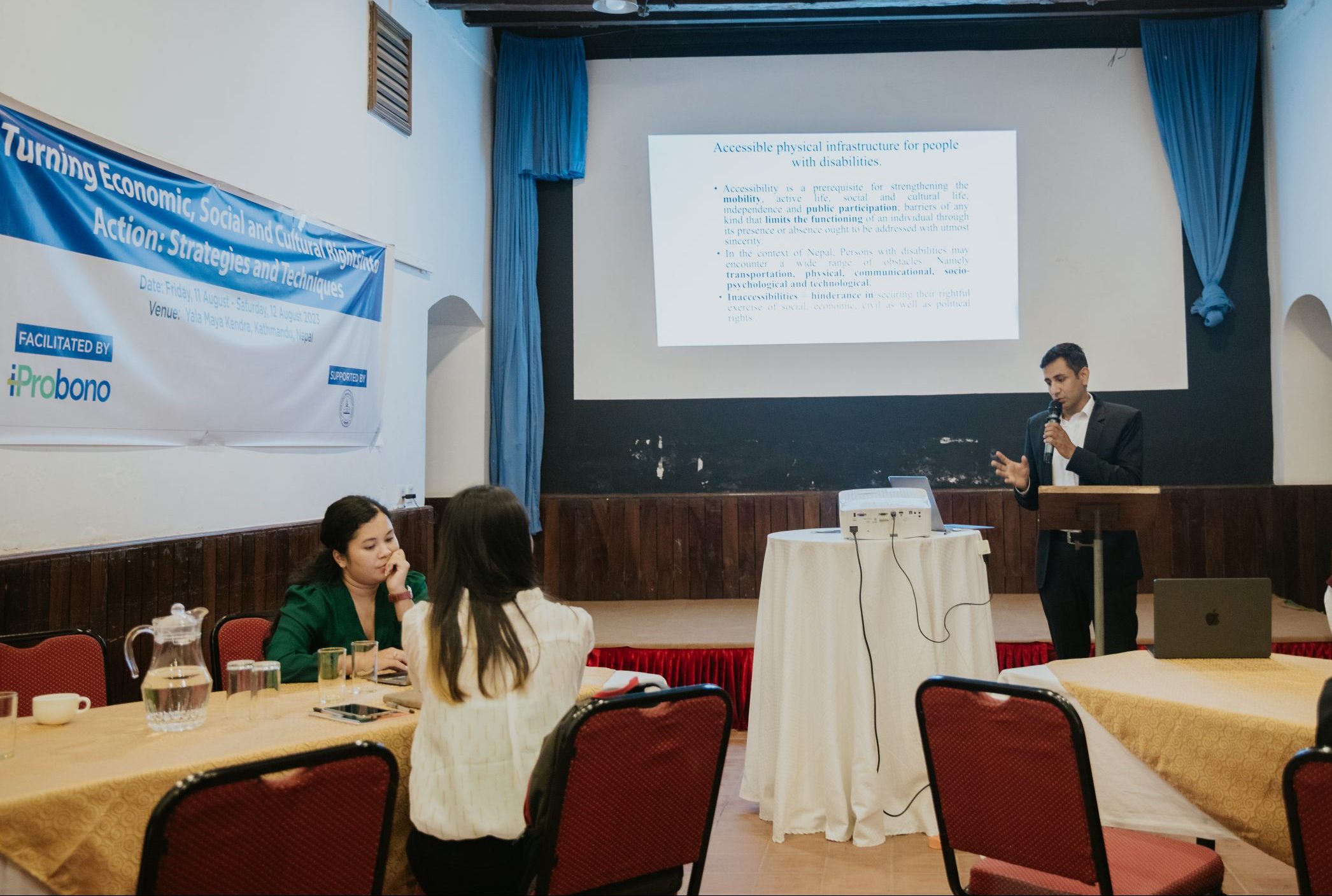
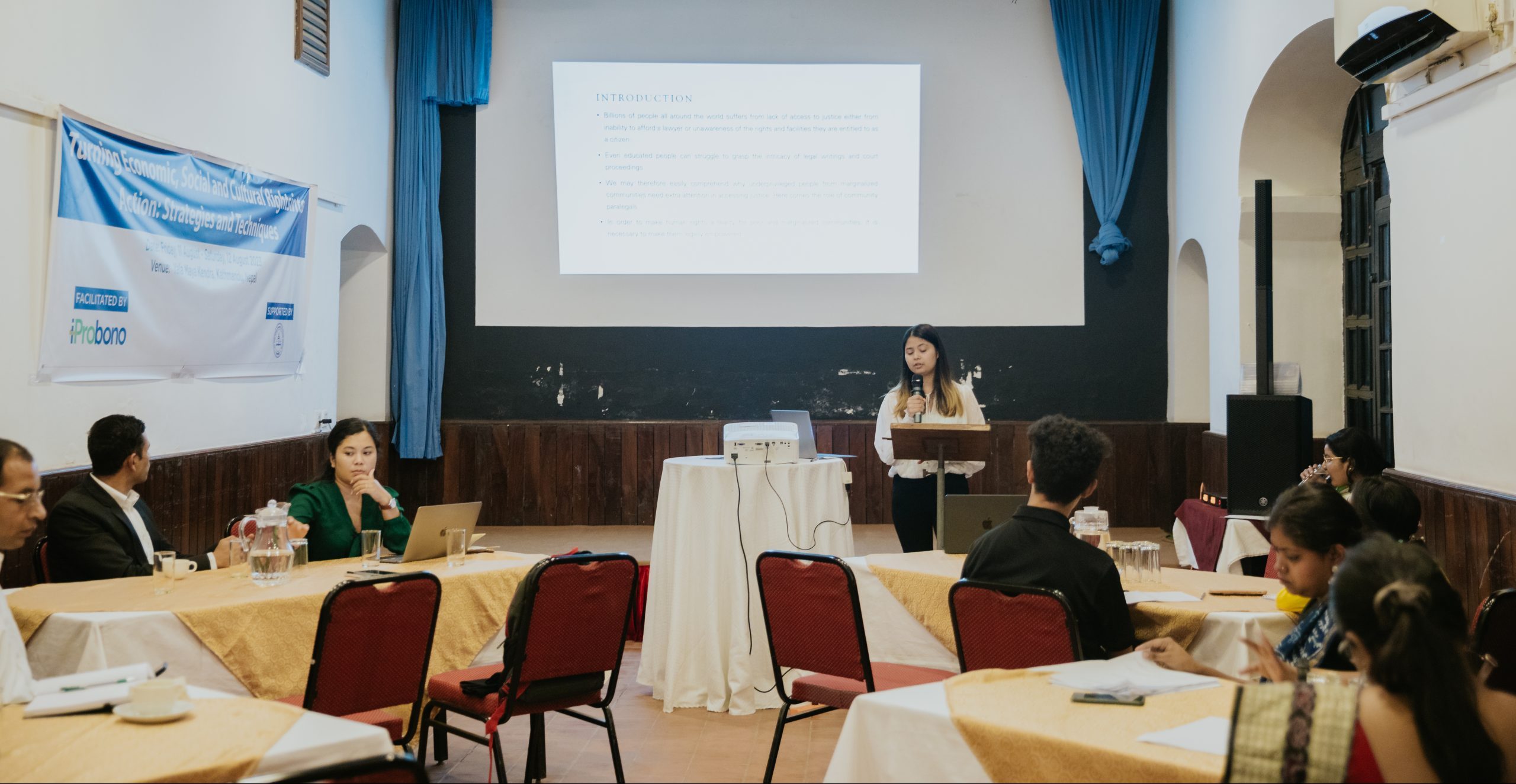
On the second day, we were joined by Hon’ble Mr Justice Hari Prasad Phuyal in person, who shared his insights and experience on securing ESCR with the fellows. This was followed by capacity-building sessions for the fellows with a focus on developing their networking, communication and presentation skills, facilitated by Karuvaki Mohanty (Senior Program Officer, iProbono India), Mariam Faruqi (CEO, iProbono), and Raju Chapagai respectively. These sessions included role-play activities, an in-depth analysis of the fellows’ presentation skills from the previous day, and critical points to remember while advocating for the rights of people. The fellows gained practical tips through these sessions.


“The event was very helpful for me as I learned many things about the skills on presentation to networking as well”, said Sajita Ghimire, ESCR fellow.
“It has changed my way of thinking about the problem-solving issue by breaking it down. My communication, networking and advocacy skills have improved a lot”, added Ritesh.
iProbono is committed to ensuring the effective implementation of constitutionally guaranteed ESCR of the Nepali people.
For more information on our work in Nepal, please contact:
Radhika Saxena, Senior Program Manager for South Asia radhika.saxena@dev.matsio.com/matsio/oldiprobono or Bandana Upreti, Program Officer bandana.upreti@dev.matsio.com/matsio/oldiprobono


